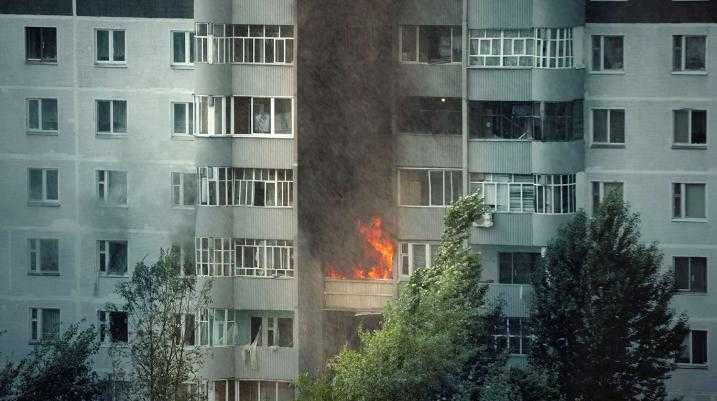How Rental Apartment and Rental House Fires Happen

No matter where you live, you deserve a safe place to call home. When you are a rental tenant, your landlord is responsible for keeping the building in good condition. Unfortunately, not all building owners take their duty seriously.
In large part due to negligence on the part of property owners, apartment complex and rental house fires are a common occurrence. In its latest report, the U.S. Fire Administration estimated that 371,500 fires and 2,695 deaths occurred in residential buildings in 2017 alone. These incidents have increased in frequency over the past decade.
Sadly, most fires are preventable. How do they generally start, and who is to blame?
How Do Residential Building Fires Start?
Residential building blazes can originate in many ways:
- Faulty Wiring: Faulty wiring commonly leads to electrical fires. If you notice a lingering burning smell, outdated wiring, or discolored outlets or switches, bring the issue to the attention of your landlord immediately.
- Space Heaters: If you use a space heater, be sure not to place it anywhere near flammable items.
- Kitchen Fires: Never leave the stovetop unattended when you’re cooking. Also, double-check that the burners are turned off as soon as you’re done preparing your meal.
- Candles: Candles can pose a serious hazard if forgotten about. Make sure the flame is out before leaving the room or going to bed.
- Waste Materials: Solvents, oily rags, and aerosol cans can ignite a spark if not safely disposed of after use.
- Appliances and Furniture: Faulty or poorly maintained heating and cooling systems can spark disaster. Upholstered furniture can ignite quickly and release toxic fumes, so keep heat sources away from them.
What Can I Do to Stay Safe?
By identifying potential safety hazards and alerting your landlord to them, you can make your home a safer place to live.
- Smoke Detectors: Smoke detectors should be installed in each bedroom and routinely tested.
- Fire Extinguishers: Fire extinguishers should be readily available and inspected yearly by your landlord. Take note of where they’re located in case of a fire.
- Kitchen Safety: A large percentage of apartment fires take place in the kitchen. Keep flammable items such as dish towels away from the stove.
- Heating: Even if your landlord fails to provide adequate heat or takes too long to fix a broken heating system, never use the stovetop or oven to heat the apartment.
- Fire Escape: The fire escape should be easily accessible and not blocked by doors or locked windows.
Contact Morgan & Morgan
Fires are often the result of negligence. If your landlord failed to minimize fire hazards, an equipment manufacturer made a defective appliance, or a repairman did a lackluster job, any of them can be legally liable for your injuries and property damage. The expert burn injury attorneys at Morgan & Morgan can investigate the circumstances of the fire to identify who was responsible and hold them accountable. In the end, you may be able to collect financial compensation for your medical bills, lost wages, and other damages. Let us handle your case while you focus on healing. Contact us today by scheduling a free case evaluation.
Injured? Getting the compensation you deserve starts here.

Injured?
Not sure what to do next?
We'll guide you through everything you need to know.